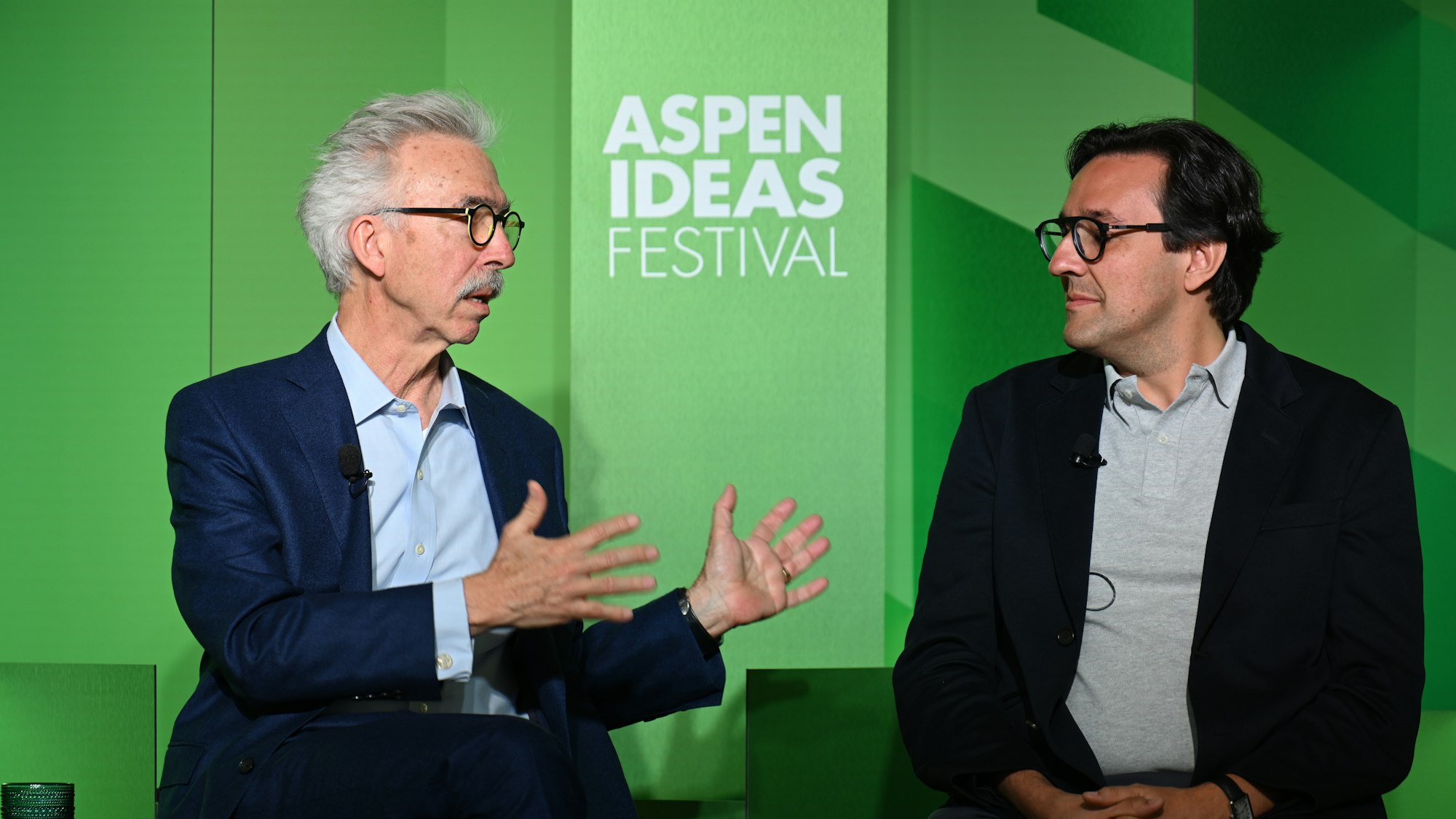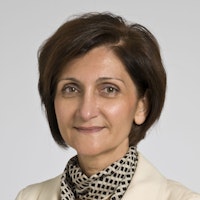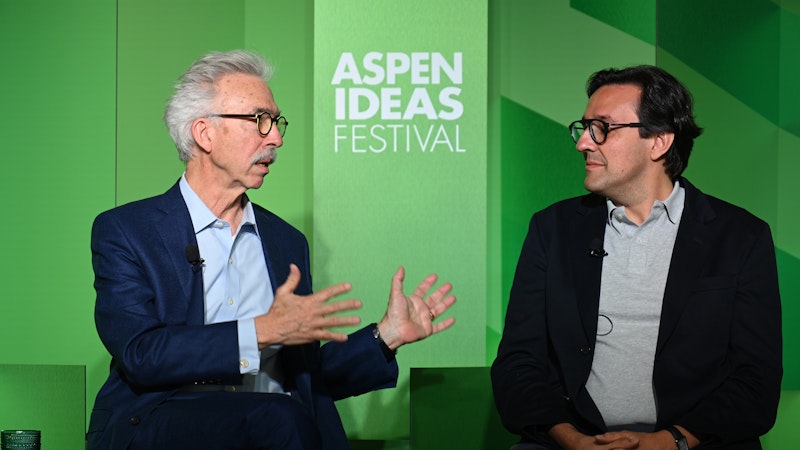
Accelerating Discovery
Setup
For tens of thousands of years, humans have created and employed new technologies in order to gain advantage, to survive, and to thrive in the face of adversity. Today, streamlined research and development processes and advanced computing accelerate everything we do — including our next scientific and technological discoveries. How will humankind’s latest cutting-edge technologies change our lives and shape how we respond to future crises? What are the new models for discovery that will propel us farther and faster into the future, and who will be in the driver’s seat? Presented by IBM
- 2021 Festival
- Technology
Explore More
Technology


New technologies have always led to changes in society, though not always as quickly or drastically as people feared. Could artificial intelligence be different? Instead of le...
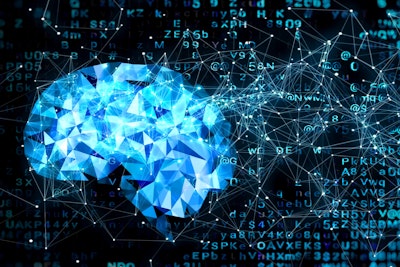
Everywhere you look, there’s a headline about the power of artificial intelligence and how it will impact our lives in ways we have not yet imagined. From advancing medicine t...

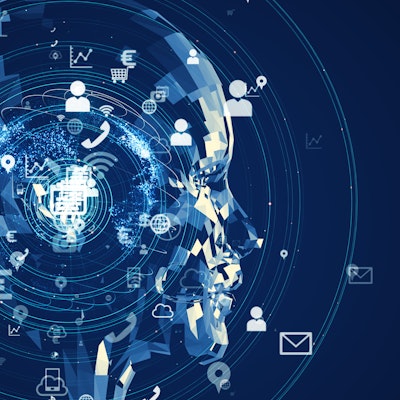
Where will artificial intelligence be in five years, or 10 or 20? What happens if the technology is regulated? And if it isn’t? How will it shape the world and the way we live...


Whether they publicly tout it or not, U.S. technology companies play a powerful role in politics, cultural issues and the way we live. Founder and investor Peter Thiel is one...

AI has the potential to create vibrant, inclusive communities as civil society organizations harness it to tackle inequality, industry leverages it to foster fairer practices,...

Why do some conversations succeed while others stumble? The neurology and psychology of communication offer surprising explanations for why human connection goes right or wron...

Increasingly, AI informs our work output, our social views and our awareness of the world. Join SiriusXM host Mike Muse in conversation with Meta officials to explore the impl...
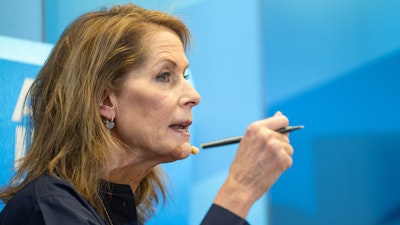
America’s teenagers are facing a mental health crisis; 1 in 3 teen girls say they’ve considered suicide in the past year. Many young people, parents and mental health professi...

Two billion people worldwide are set to vote in elections this year, amid global conflict, societal mistrust, broken information ecosystems — and the truth-destroying disrupti...
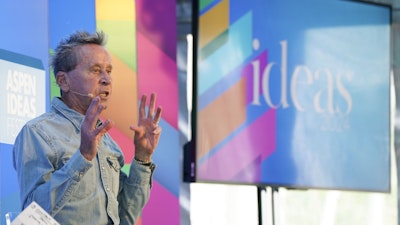
Amid seismic shifts in the entertainment world, Oscar-, Golden Globe- and Emmy-winning Brian Grazer has managed to keep pivoting to new ways to tell stories in movies, TV and...

In the last 30 years, conglomerates from Amazon to Netflix to Spotify have changed the way we interact with media, books, fashion and music. Creatives are struggling to mainta...

The innovative philanthropist who paid off the student debt of the entire graduating class of Morehouse College class of 2019 talks about how to ensure all communities benefit...

Uncle Sam is rich enough that every young person in America can benefit from generational wealth transfer. Leaders from impact investing, philanthropy and the finance sector d...

It sounds like sci-fi: Scientists are beaming solar energy from space, subbing seaweed for plastic and brightening clouds to reflect sunlight to lower temperatures in a warmin...

From climate change and mental health to hate crimes and chronic school absenteeism, no challenge is too big for young people’s community-changing solutions. Hear from teams o...

Artificial intelligence is revolutionizing health care by improving patient navigation, telehealth and the speed of drug development. From enhancing patient and provider exper...

In the world of advertising, technology and creativity are shaping a new narrative. Could tech lead to more trust — not less — with younger generations? From AI-driven campaig...
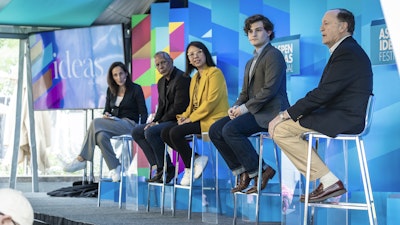
Americans’ trust in the media is near an all-time low — a crisis exacerbated by waves of misinformation, conspiracy theories, fake news, social media and AI-generated content....

The most fearless voice in tech journalism and author of the bestseller “Burn Book” shares her predictions about the future of the digital landscape — and the need to keep hol...

Part 1. The Disruptors: Two of Silicon Valley’s most innovative founders also share a tight friendship. Airbnb CEO Brian Chesky has transformed how people travel, host and ex...


